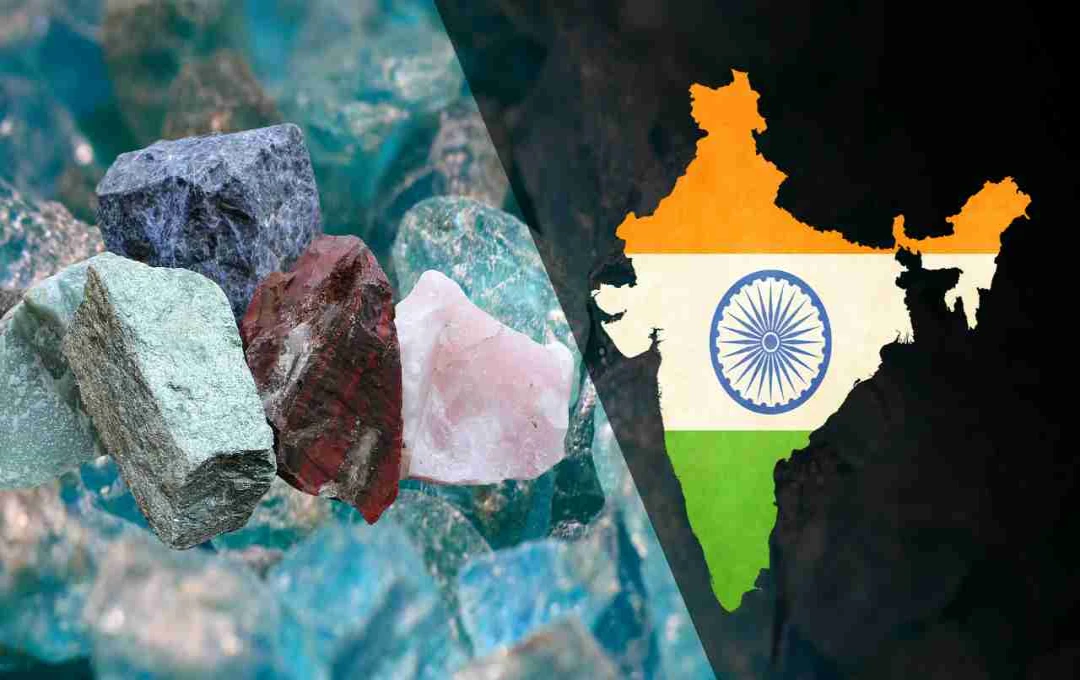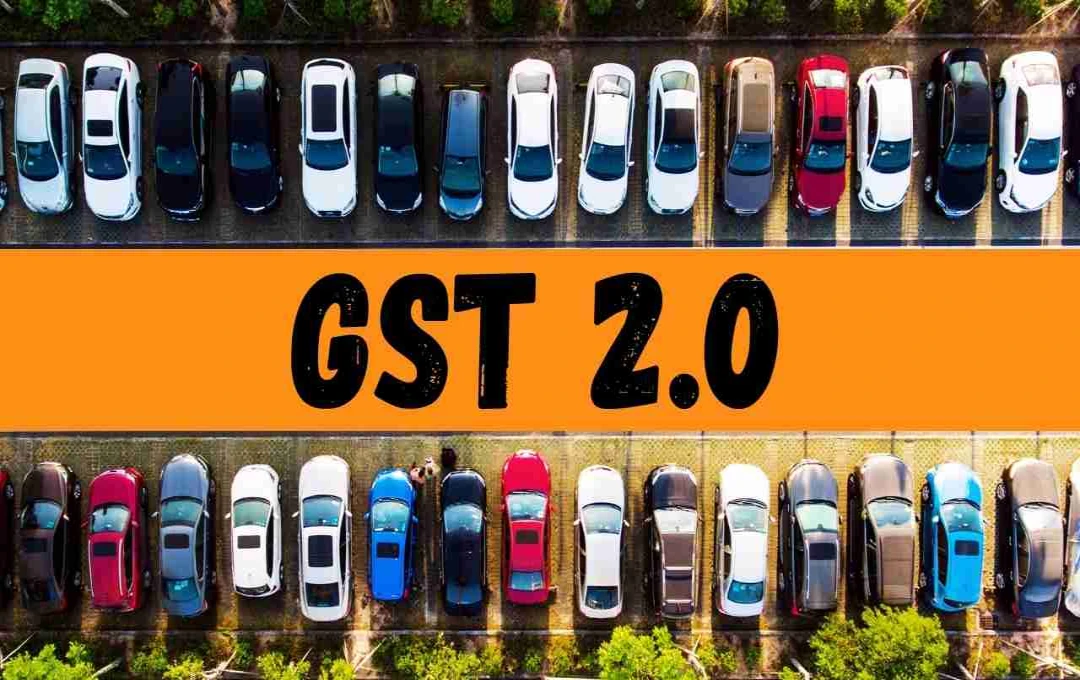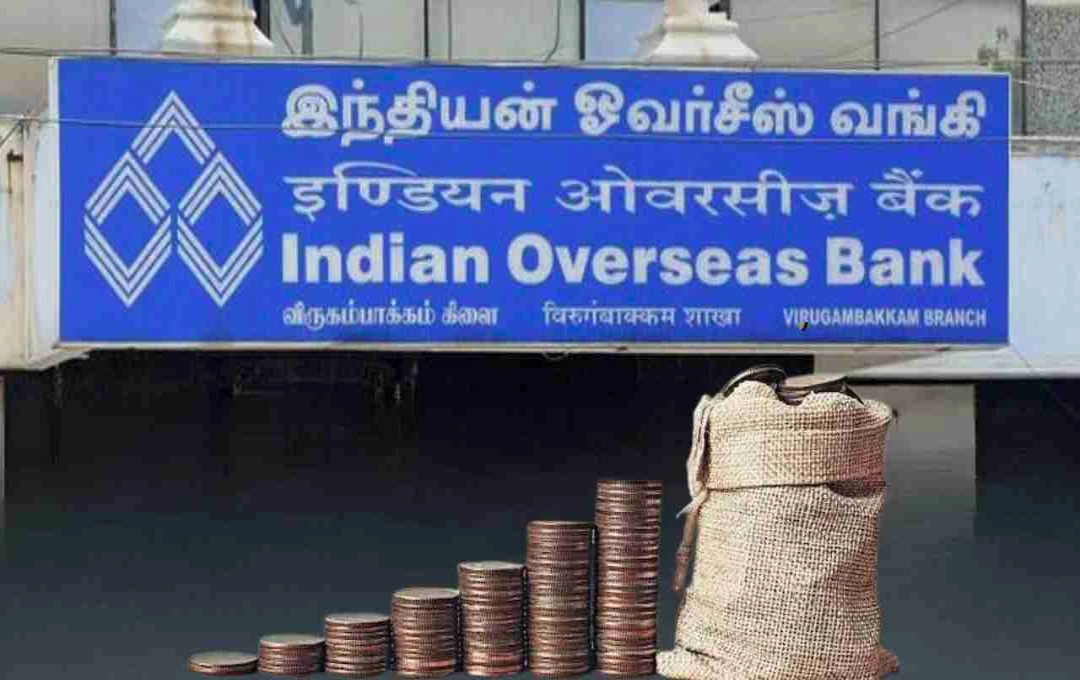The central government has approved an incentive scheme of ₹1,500 crore to enhance the domestic recycling capacity of critical minerals. This is part of the National Critical Mineral Mission. The scheme is expected to generate an annual production of 40 kilotons of minerals, 270 kilotons of recycling capacity, and create approximately 70,000 job opportunities.
Critical Minerals: The central government has approved an incentive scheme of ₹1,500 crore to bolster self-reliance in critical minerals and accelerate the green energy transition. This scheme operates under the National Critical Mineral Mission and includes copper, lithium, nickel, cobalt, and rare earth elements. The objective of the scheme is to increase domestic recycling capacity, achieve an annual production of 40 kilotons of minerals, establish a recycling capacity of 270 kilotons, and create approximately 70,000 direct and indirect jobs.
What are Critical Minerals?
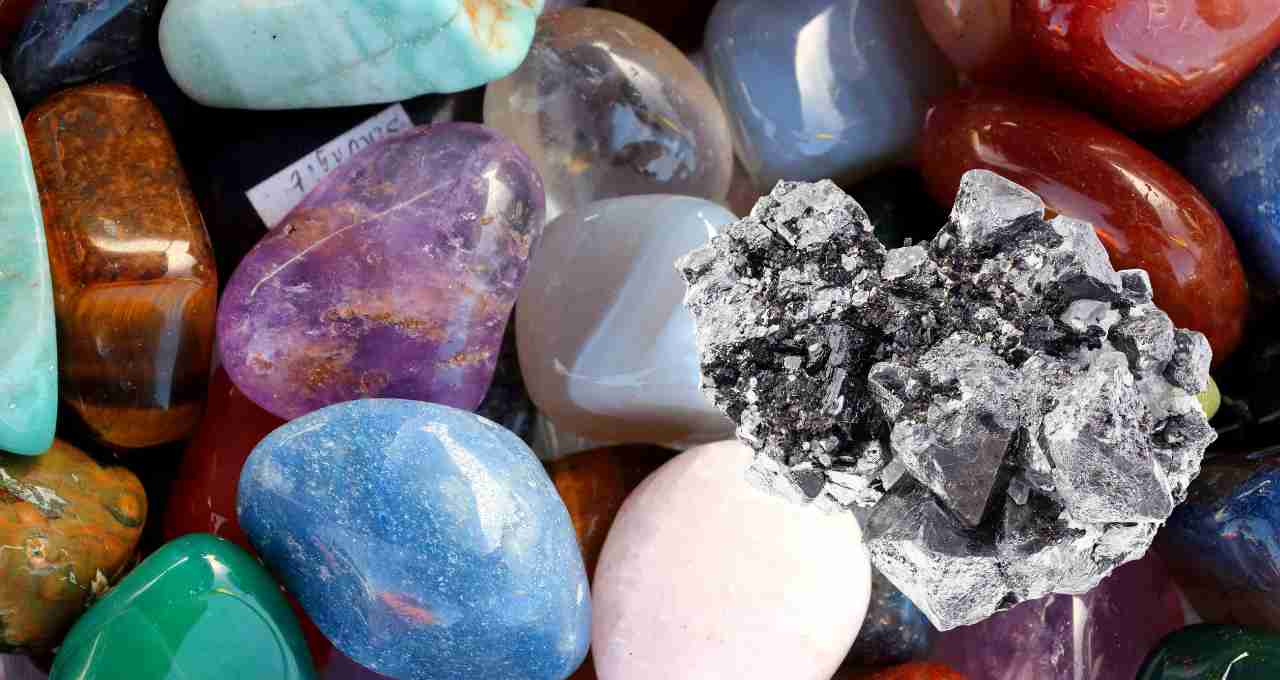
Critical minerals include copper, lithium, nickel, cobalt, and rare earth elements. These minerals are essential in the manufacturing of batteries, electric vehicles, solar panels, and other clean energy technologies. Their global demand is continuously rising. India has limited domestic availability of these minerals, hence the country needs to focus on their recycling and production.
Experts state that a stable and reliable supply of critical minerals will make India competitive in the global market. This move will not only enhance self-reliance in the energy sector but also speed up green energy projects.
Key Highlights of the Scheme
Under this scheme, domestic capacity will be developed for the isolation and production of minerals from secondary sources within the country. The scheme aims to build a recycling capacity of 270 kilotons annually, achieve an annual production of approximately 40 kilotons of critical minerals, and attract an investment of around ₹8,000 crore. Furthermore, this scheme is expected to generate 70,000 direct and indirect employment opportunities.
The scheme has a duration of six years, spanning from FY 2025-26 to 2030-31. Only those entities involved in actual recycling, not merely the production of black mass, will be eligible.
Sources for Recycling
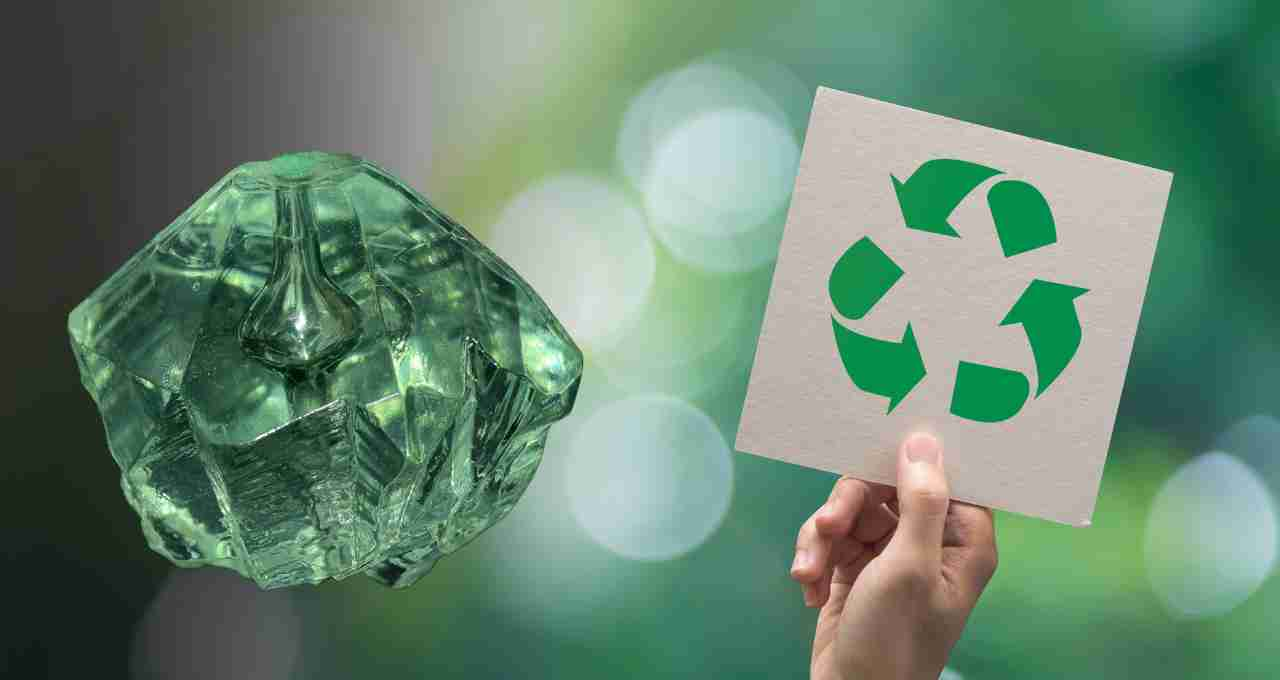
Under this scheme, recycling will be undertaken from sources such as e-waste, lithium-ion battery scrap, other scrap, and catalytic converters found in end-of-life vehicles. A 20 percent capex subsidy will be provided for plants, machinery, and utilities. There is also a provision for full subsidy for units that commence production on time.
Experts believe that recycling is a fast, cost-effective, and sustainable method through which India can meet its mineral requirements, as establishing a mineral supply chain takes a considerable amount of time. Mineral exploration, auctions, mine operations, and the acquisition of foreign mineral assets are time-consuming processes. In this context, domestic recycling emerges as a viable alternative.
Benefits Arising from the Scheme
This scheme will increase the availability of critical minerals in the country and reduce foreign dependence. This move will strengthen the electric vehicle, battery, and green energy industries. The local economy will also benefit through investment and job creation.
Moreover, this scheme will yield environmental benefits. Recycling of old batteries and e-waste will reduce pollution and enable the proper utilization of resources. This initiative will also be supportive of India's green energy and clean technology plans.
Preparing for Global Competition in Critical Minerals
The global demand for critical minerals is increasing. The United States, Europe, and China are investing in these minerals. India's initiative will make the country competitive globally and self-reliant in terms of minerals.
Experts opine that this scheme holds strategic importance for India. It is a significant step towards enhancing domestic production and achieving mineral self-reliance through recycling.
